To: The Faithful of the Diocese of London
From: The Diocesan Truth and Reconciliation Committee
Dear Brothers and Sisters in Christ,
Over the last two years, Bishop Fabbro has written to the faithful of the Diocese of London to “acknowledge the suffering experienced in Canada’s Indian Residential Schools,” and expressed his “sorrow for the historical and ongoing trauma and the legacy of suffering and challenges faced by Indigenous Peoples that continue to this day.” He, along with the other Bishops in Canada, expressed their profound remorse and apologized unequivocally and “committed the Diocese of London to accompany the Indigenous Peoples of this land, on a journey of healing and reconciliation.” He said, “I realize that there is much more work to do in our Diocese, but I know that we look forward to listening and learning from you as we walk in solidarity.” (27 September 2021).
He called for all of us to take part in meaningful actions and laid out a plan which calls for dialogue with local Indigenous Peoples, educating ourselves on the issues to learn how we can move forward together, exploring the possibility of a “service of reparation,” and participating in the fundraising campaign announced by the Bishops of Canada. He set up a diocesan committee to oversee the plan. Over the last 18 months that committee has focused on:
- Dialogue with local Indigenous Peoples: over the last 18 months, by phone, email and in face-to-face meetings, we have had the opportunity to speak with, and learn from, communities across southwestern Ontario. Dialogue has included attending local Indigenous events, engaging in relationship building, and seeking ways we can continue advancing truth and reconciliation.
- Education: education was a main initial priority of the committee, and we engaged in a year of learning, creating a ‘speaker series’ where priests, deacons and lay ecclesial ministers had opportunities to listen and learn from Indigenous individuals and groups to learn about Indigenous history, culture, issues and spirituality. As part of the year of learning, we provided priests, deacons and lay ecclesial members with a copy of the book “21 Things You May Not Know About the Indian Act: Helping Canadians Make Reconciliation with Indigenous Peoples a Reality” and hosted a book study. Some of our Families of Parishes also hosted their own events and learning opportunities. The learning continues.
- Services of Reparation: Pope Francis’ visit to Quebec, was attended by Indigenous and non-Indigenous members of the diocesan committee. Individuals shared that the experience was a personal step towards healing. As we engage in relationship with Indigenous communities and organizations, we will collaborate on services of reparation that will be meaningful to the faithful of the diocese and to the Indigenous people living within the geographical area of the diocese.
- Planning a fundraising campaign: the bishops of Canada will raise $30 million in the coming years and the Diocese of London will be contributing $1.8 million towards that commitment. A focused fundraising campaign will start in September this year to help push us towards that goal. We have begun to receive proposals from local Indigenous groups for funding that will help advance healing and reconciliation. With the guidance of our Diocesan Truth and Reconciliation Committee and approval by the national Indigenous Reconciliation Fund, we will be reporting back on what types of projects we are supporting so you, the faithful, are assured your generous support is having a healing impact.
We acknowledge there is much more work to be done. We continue the journey on the path to healing and truth and reconciliation with much hope.
